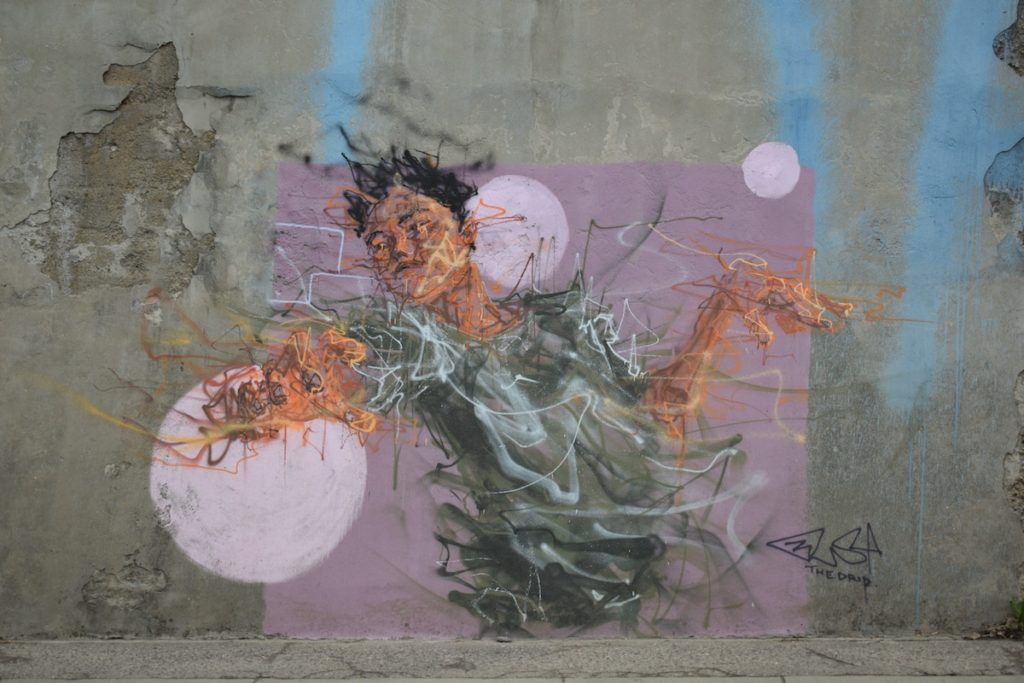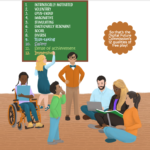
thank you we are saying and waving
dark though it is
W.S. Merwin, last lines of “Thanks”
from Migration: New and Selected Poems
You might have noticed that in many of my posts I suggest topics for family conversations about technology. I thought maybe I should back up a little and talk about how to get these conversations started in the first place, and why.
It’s so easy to just use the internet, our devices, the next app. With the pace (or onslaught depending on the day) of daily digital life, I think most of us find it practically impossible to investigate the history, the people, the business models, the ethical issues of the internet, AI, XR, the latest app, Google, Instagram, Fortnite, not to mention Privacy Policies.
And yet, it’s necessary to conjure time for this ongoing inquiry and exploration—regularly—if we hope to nurture a mindful digital life for ourselves and our families.
If you’ve started a new practice—yoga, chi gong, meditation, playing guitar, writing—you know that the sage advice is “Just Show Up.” Sit on the pillow, be willing to sound awful, live with the awkward prose when you’re first working out your ideas. Keep coming back, regularly.
I think that same sage advice applies to beginning a practice of conversation about our digital lives. We’re committing to seeding and watering a space of trust, a safe place where ideas can be tested, and anything can be shared and explored. Not all at once of course. It takes time, patience, perseverance.
How to begin? It might seem counter intuitive but I suggest beginning with clarifying our values—illuminating what we most care about, as individuals, and as families. Making our values visible will help us navigate when we find ourselves far out at sea.
Here’s a suggestion for how you might begin with younger children. Choose a time in advance—a time when everyone will be rested, fed, and unpressured to rush off anywhere. Think spaciousness. Gather some materials: poster board, or a large sheet of butcher paper, colored markers, maybe a variety of magazines with intriguing imagery, and scissors if you want to go collage-style. But minimalist paper + markers is just fine. Talk it up a little in advance…invite the kids to help set up.
Maybe you’ll start by drawing or collaging something you value…cooking dinner together, Saturday morning walks, calling Grandma, reading books together at night, growing tomatoes. Talk about it while you work on it—why it’s important to you. You’re modeling the process. Depending on their ages, you might need to gently ask a few questions to help your kids identify what they care about. Keep it simple. You don’t have to get it all done in the first session. You can come back to it in your next conversation. Just help everyone to identify one thing they really value, and one thing they value doing with the whole family. What’s most important is to find a place to showcase what you create…somewhere you’ll all see it every day. Get their help on that. It’s a work in progress. You’ll revisit it. It will change as you all change.
If your children are older, or you have teens, talk to them about why beginning to have regular conversations is important to you. Invite them to co-create the first conversation to share with each other what you most value in your lives—what you love doing, what you want to do that you haven’t yet, and how you’d most enjoy spending time with each other. Maybe you’ll just capture it in words. Or maybe you’ll decide to be more visual in how you record it. Let it be awkward. Just show up and see what happens.
Mindfulness is awareness that arises through paying attention, on purpose, in the present moment, non-judgmentally. —Jon Kabat-Zinn

Words of thanks to W.S. Merwin (September 30, 1927 – March 15, 2019) for gracing my life with his poetry, and to the young people around the world who marched in the Global Climate Strike.
UPCOMING EVENTS
Slow Art Day
If you’re in the Bay Area on April 6, SF MOMA will be hosting their annual SIow Art Day—an event “that aims to transform the act of viewing art. On a single day each year, people all over the world are encouraged to visit local museums and galleries to look at five pieces of art for an hour or more. After the slow-viewing exercise, participants meet for lunch to talk about their experiences.” I will be facilitating the lunchtime conversation this year. Tickets are $10. You can register here. If you’re in another city, you can look up what’s happening here to participate where you live.
teen wisdom panel 2.0
I am looking forward to attending this event on April 26th, 7–9 pm, at the David Brower Center in Berkeley, sponsored by the Love Your Nature folks. It’s a rare opportunity to learn from teens themselves about what matters most. If you’re local to the Bay Area, you can register to attend here.
A warm welcome to the new subscribers this week. Thank you for your interest in hearing what I have to share. I encourage you to let me know what you’d like me to write about by using the form here to contact me. I really appreciate hearing from all of you about what’s on your mind—challenges, insights, questions, recommendations.


